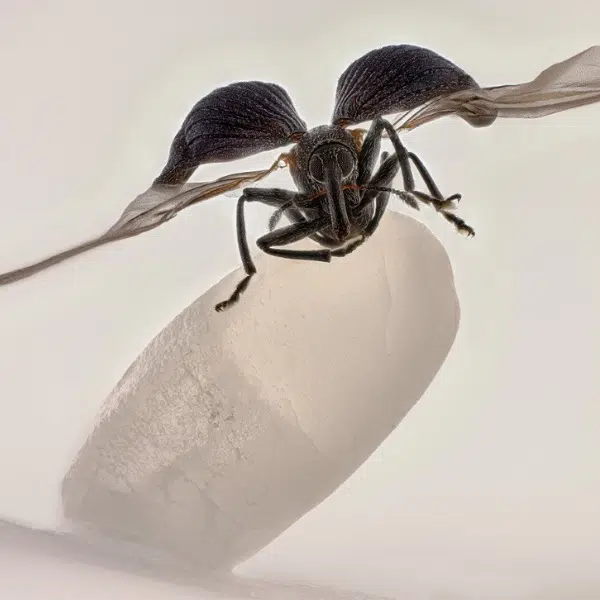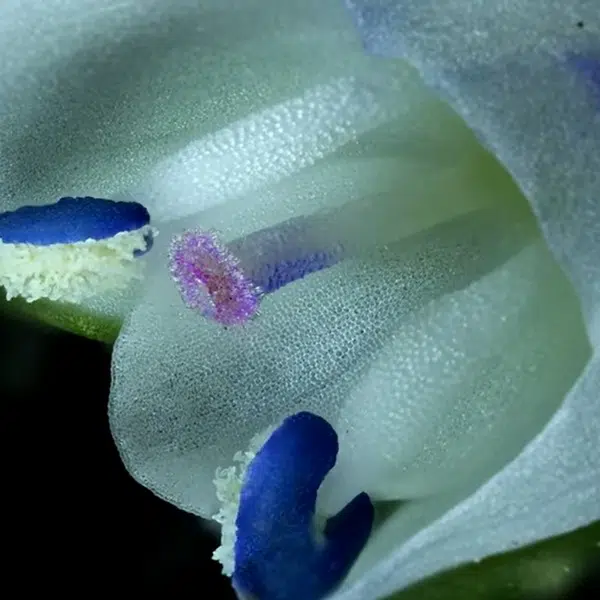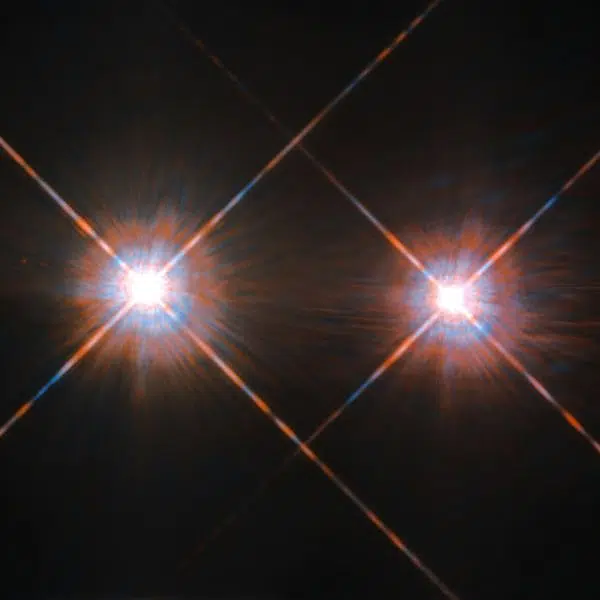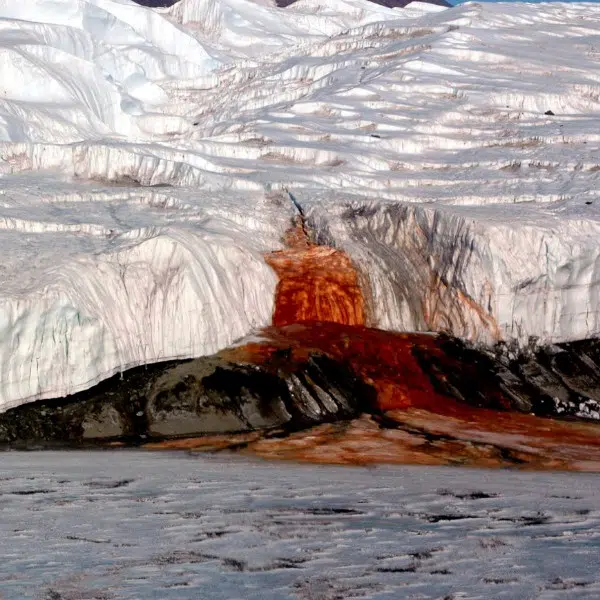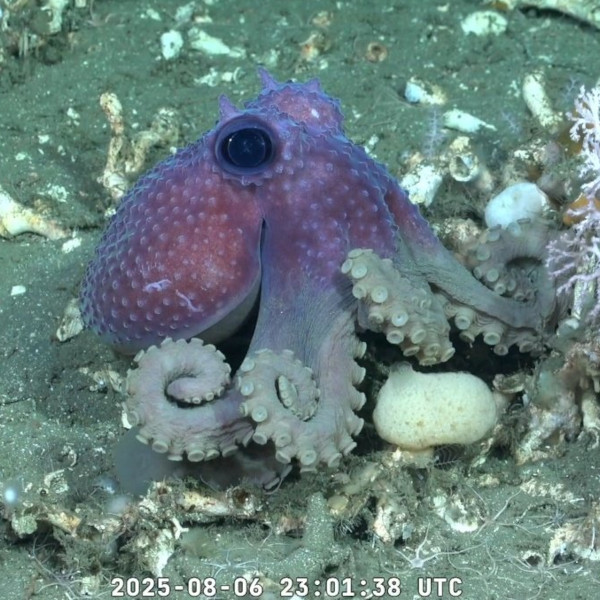Ver esta publicación en Instagram
Argentina’s National Scientific and Technical Research Council, or CONICET, has been at the center of some of the most exciting scientific developments this year. A few months ago, they led a submarine expedition that became an overnight sensation, inspiring millions to tune in to a livestream about ocean floor creatures. Now, they’ve made a discovery that could change what we know about dinosaurs. CONICET paleontologists found a 70-million-year-old dinosaur egg in near-perfect condition.
The egg was discovered by Dr. Federico Agnolín, leader of the Argentinian Museum of Natural Sciences team, in Río Negro province, in the southern region of Patagonia. While other eggs have been previously discovered in Argentina, no other fossil of this kind has ever been found in such good condition. Researchers believe it could contain embryonic remains. If true, it would represent a watershed moment in paleontology, as it could help scientists piece together how dinosaurs evolved and grew. It could also shed light on how they were born.
The egg, with an oval shape and a smooth surface, has an almost pristine shell, making the scientists first believe it was a recent egg laid by a rhea. Upon further inspection, they realized it was a fossil of an egg from a Bonapartenykus, a small carnivorous dinosaur that lived in southern Argentina millions of years ago. This is one of the most shocking elements of the discovery, as eggs from carnivorous dinosaurs are much more fragile due to them having thinner outer layers.
The egg was also surrounded by the remains of other ancient reptiles and mammals, prompting the team to describe the site as a nursery for prehistorical creatures. As such, the site could also provide information on how dinosaurs cared for their offspring, as well as other aspects of their behavior.
“The rest of the eggs are very fragmented because erosion destroyed many of them. Maybe some are intact, but inside a rock,” Agnolín told El País. “In this case, the egg broke free, rolled through that very fine sand, and stayed there. That prevented it from breaking. It’s almost a miracle. If it had rained or anything else had happened, it would have been destroyed. That’s why the find is so exciting. It looks like it was done on purpose. When I found it, I wasn’t convinced it was a fossil. It was lying there as if someone had put it there.”
The announcement was made via a livestream, following the previous success of the underwater expedition. “Science can reach many more people than we ever imagined,” the team said. They shared that they are also considering analyzing the egg in a broadcast to let the people get excited—or disappointed—about its content alongside them. After that, it will then be donated to a museum in Patagonia, to let locals marvel a this history-making fossil.
Paleontologists from Argentina’s National Scientific and Technical Research Council found a 70-million-year-old dinosaur egg in near-perfect condition.
Ver esta publicación en Instagram
Researchers believe it could contain embryonic remains from a Bonapartenykus.
Ver esta publicación en Instagram
If true, it would represent a watershed moment in paleontology, as it could help scientists piece together how dinosaurs were born, how they grew, and how they evolved.
Ver esta publicación en Instagram
CONICET: Website
Sources: Científicos argentinos encontraron un huevo de dinosaurio de 70 millones de años en perfecto estado; “¡Tremendo, de película!”: encontrado un excepcional huevo de dinosaurio durante una campaña transmitida en directo
Related Articles:
Researchers Unearth 200 Massive Dinosaur Footprints in a Quarry in the UK
Engineers Develop T-Rex Leather Handbags Made From Dinosaur DNA
Matching Dinosaur Tracks Connect South America and Africa
Scientists Discover Where the Asteroid That Killed the Dinosaurs Came From












































































